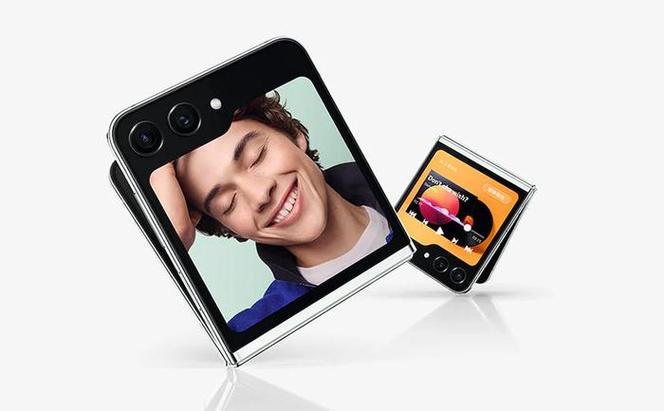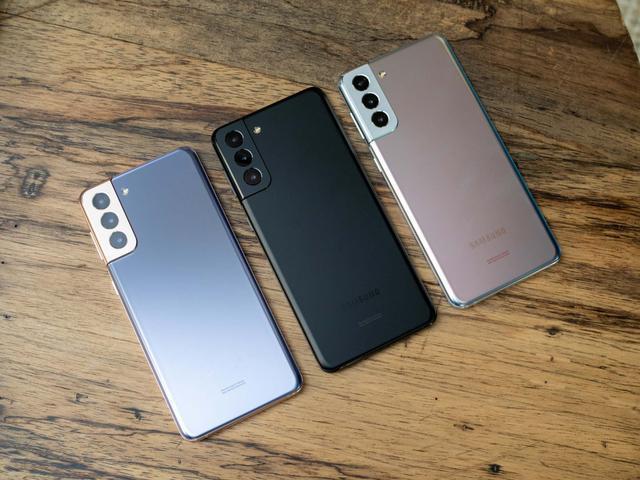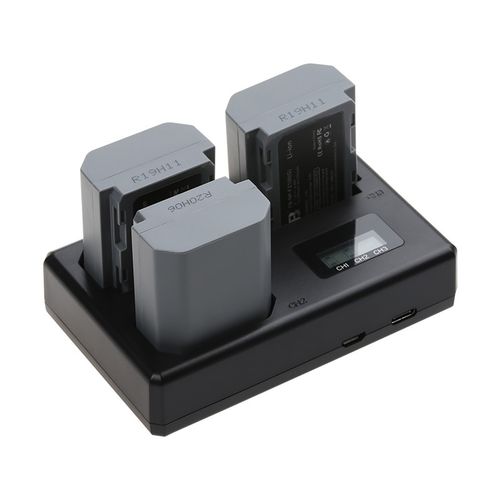Boron Nitride Ceramic Crucibles Resist Wetting by Molten Glasses and Salts
Boron nitride ceramic crucibles now show strong resistance to wetting by molten glasses and salts. This development marks a key step forward for high-temperature industrial processes. The material’s non-wetting behavior helps prevent contamination and extends crucible life.
(Boron Nitride Ceramic Crucibles Resist Wetting by Molten Glasses and Salts)
Manufacturers have long struggled with crucibles that degrade when in contact with aggressive molten substances. Traditional ceramics often react with glass melts or salt baths, leading to defects and frequent replacements. Boron nitride offers a solution. Its unique structure repels molten materials instead of absorbing or reacting with them.
Tests confirm that boron nitride crucibles maintain integrity even after repeated exposure to temperatures above 1,500¬įC. They show no signs of sticking or chemical interaction with common glass compositions or molten salts used in metal refining. This stability reduces downtime and improves product purity.
The crucibles are also easy to handle. Their smooth surface allows for clean release of solidified contents. Operators report fewer cleaning cycles and less waste during production runs. These benefits translate into lower operating costs and higher throughput.
Demand for reliable high-temperature containers is growing in sectors like optics, electronics, and specialty metals. Boron nitride meets this need with performance that standard ceramics cannot match. Companies adopting this material see immediate gains in efficiency and quality control.
Production methods for boron nitride crucibles have improved as well. Advances in forming and sintering techniques ensure consistent dimensions and wall thickness. This consistency supports precise thermal management in sensitive applications.
Suppliers are scaling up output to meet rising interest from global markets. Early adopters include glass manufacturers working with rare-earth elements and battery producers using molten salt electrolytes. Both groups require containers that stay inert under extreme conditions.
(Boron Nitride Ceramic Crucibles Resist Wetting by Molten Glasses and Salts)
Boron nitride ceramic crucibles deliver that reliability. Their resistance to wetting sets a new benchmark for performance in harsh thermal environments.



















